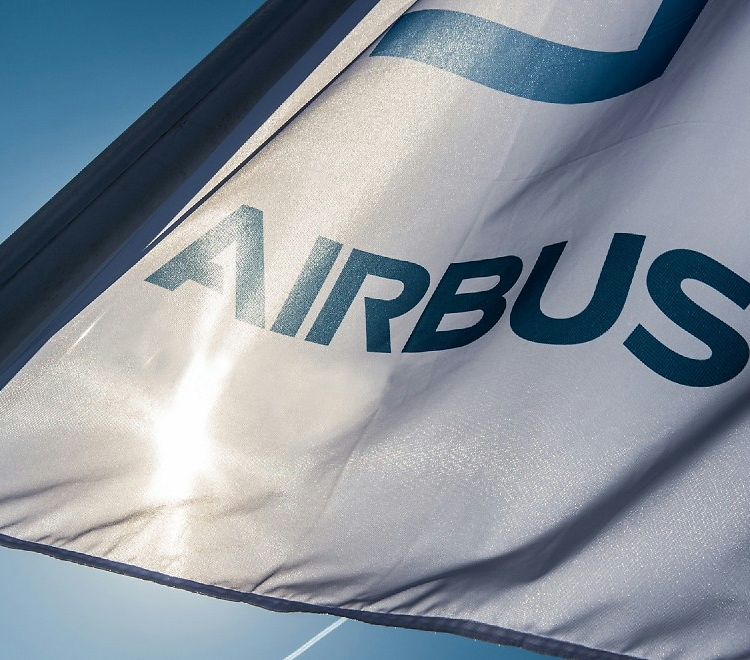Summary
- Major achievement to reduce CO2 emissions from civil aircraft
The aim of this certification standard is to reduce CO2 emissions from aviation by encouraging the integration of fuel efficient technologies into aircraft design and development, ensuring older aircraft are replaced by newer, more efficient designs. This is part of a broader set of actions aimed at tackling aviation’s climate change impact including improvements in flight operations, deployment of sustainable jet fuels and the reduction of noise and other emissions together with the development of a global market based measure for aviation to be agreed at the ICAO General Assembly in October 2016.
Airbus has invested significantly in improving the environmental performance of its sites, products and services, consistently bringing the most eco-efficient aircraft to the market, meeting and surpassing environmental performance requirements. The A320neo reduces CO2 emissions by 15 percent today, rising to 20 percent by 2020; the A350 XWB is reducing CO2 emissions by 25 percent compared to the aircraft it is replacing. In 2017, the A330neo will offer a 14 percent reduction in CO2 emissions, and the A380, in service since 2007, shows a 40 percent reduction in CO2 emissions compared to previous generation very large aircraft. Airbus will continually strive to meet and exceed ambitious emissions requirements for both current and future aircraft.
Headquartered in Toulouse, France, Airbus is the leading commercial aircraft manufacturer with the most modern, comprehensive and efficient family of airliners, ranging in capacity from 100 to more than 500 seats. Employing some 55,000 people, Airbus champions innovative technologies and has sold over 16,300 aircraft to around 400 customers worldwide.
Note to the editor:
For more info on CO2 standard ICAO press release Air Transport Action Group (ATAG) press release
